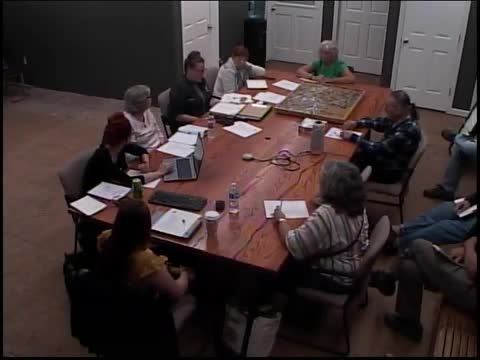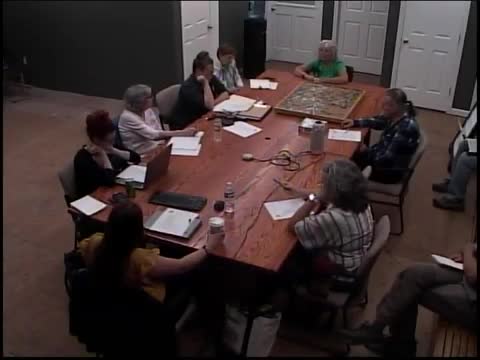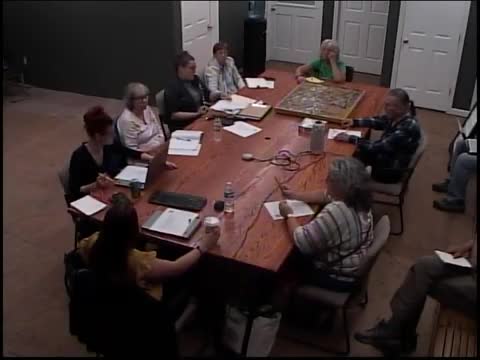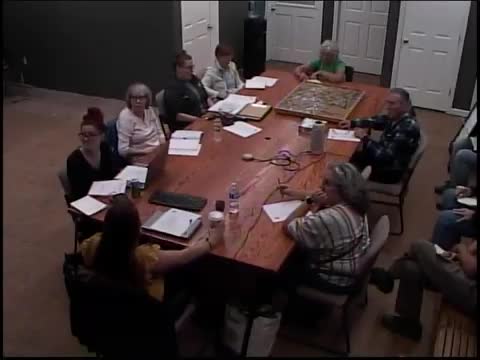Article not found
This article is no longer available. But don't worry—we've gathered other articles that discuss the same topic.

Taste of Hubbardston set for next Thursday; boards invited to recruit volunteers; town schedules employee headshots Oct. 2

Clerk offers Otter.ai transcription access to help produce meeting minutes

Hubbardston rolls out unified website calendar and standard agenda/minutes templates

